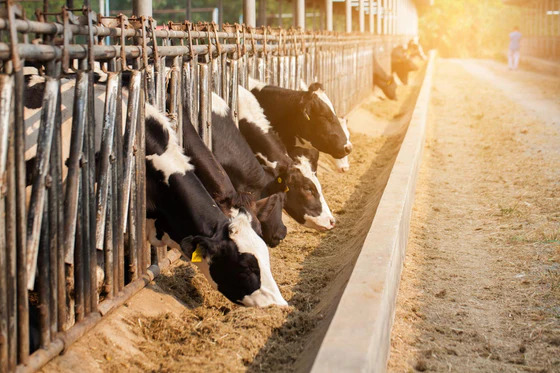Agriculture is more than just food production; it is a critical component of our global economy and ecosystem. As we move towards more sustainable practices, the benefits of organic farming are becoming increasingly recognized. This article delves into the importance of agriculture and how organic farming can lead the way in creating a sustainable future.
The Foundation of Agriculture
Economic and Social Impact
The importance of agriculture is evident in its impact on both the economy and society. Agriculture provides employment for millions and is a significant source of income, particularly in rural areas. It also supports social stability by ensuring food availability and affordability, which is crucial for maintaining peace and prosperity.
Environmental Stewardship
Agriculture plays a vital role in environmental stewardship. By adopting sustainable practices like organic farming, we can protect natural resources, reduce pollution, and promote biodiversity.
The Environmental and Health Benefits of Organic Farming
Soil Improvement and Fertility
Among the top benefits of organic farming is its ability to improve soil quality. Organic farming techniques, such as crop rotation and the use of engineered biochar, enhance soil fertility and structure. Biochar, in particular, helps increase soil organic matter, which is crucial for plant growth and resilience.
Healthier Food and Safer Environment
Organic farming produces healthier food by avoiding synthetic chemicals and genetically modified organisms (GMOs). This leads to food that is free from harmful residues and richer in nutrients. Additionally, organic farming practices contribute to a safer environment by reducing chemical runoff and protecting water quality.
The Role of Biochar in Sustainable Gardening
Enhancing Soil Structure
Engineered biochar is a valuable tool for home gardeners looking to improve soil health. Biochar enhances soil structure, increases water retention, and supports beneficial microbial activity. These benefits lead to healthier plants and more bountiful harvests, making biochar an essential component of organic gardening.
Carbon Sequestration
Biochar is not only beneficial for soil health but also plays a role in carbon sequestration. By trapping carbon in the soil, biochar helps reduce greenhouse gas emissions and mitigate the effects of climate change.
Conclusion
The importance of agriculture in our world cannot be underestimated, as it is the backbone of our economy, society, and environment. The benefits of organic farming offer a sustainable solution to many of the challenges we face today. By incorporating practices like the use of engineered biochar, we can enhance soil health, produce healthier food, and contribute to a more sustainable and resilient agricultural system.





Comments